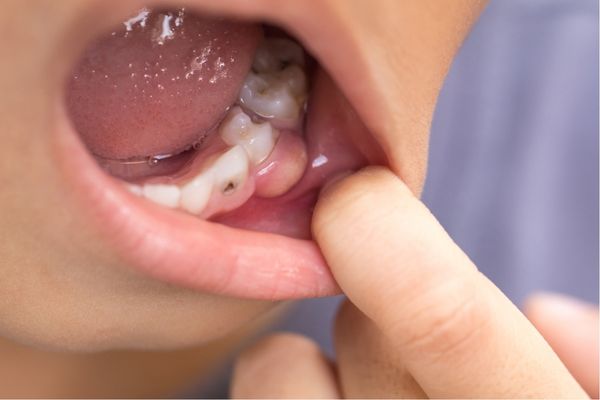Cavities and tooth decay are common dental issues, but it’s important to note that once a cavity has formed, it cannot be completely reversed. However, you can take steps to prevent further decay and promote overall oral health. Here are some tips to help manage cavities and prevent additional dental problems:
1. Good Oral Hygiene Practices:
- Brushing: Brush your teeth at least twice a day using fluoride toothpaste. Ensure you brush for at least two minutes and pay attention to all surfaces of your teeth.
- Flossing: Floss daily to remove plaque and debris from between your teeth and along the gumline.
2. Fluoride Treatment:
- Fluoride Toothpaste: Use fluoride toothpaste, as fluoride helps strengthen enamel and can prevent the progression of early cavities.
- Fluoride Mouthwash: Rinse with a fluoride mouthwash to provide additional protection against tooth decay.
3. Healthy Eating Habits:
- Limit Sugar Intake: Reduce the consumption of sugary foods and beverages, as sugar feeds bacteria in the mouth, leading to acid production and tooth decay.
- Balanced Diet: Eat a balanced diet rich in fruits, vegetables, whole grains, and lean proteins for overall health, including dental health.
4. Regular Dental Check-ups:
- Routine Dental Exams: Visit your dentist regularly for check-ups and professional cleanings. Your dentist can identify cavities in their early stages and provide appropriate treatment.
5. Sealants:
- Dental Sealants: Consider dental sealants, which are protective coatings applied to the chewing surfaces of molars to prevent decay in the grooves and fissures.
6. Xylitol Gum:
- Xylitol Products: Chewing gum containing xylitol may help reduce the risk of cavities by inhibiting the growth of bacteria that cause tooth decay.
7. Drink Water:
- Stay Hydrated: Drink plenty of water, especially after consuming acidic or sugary foods. Water helps neutralize acids and rinse away food particles.
8. Oil Pulling:
- Oil Pulling: Some people practice oil pulling with coconut oil, swishing it around the mouth for about 15-20 minutes. While it may contribute to oral hygiene, its effectiveness is still debated, and it should not replace traditional oral care practices.
9. Avoid Tobacco:
- Quit Smoking: Tobacco use increases the risk of gum disease and can contribute to cavities. Quitting smoking is beneficial for overall oral and systemic health.
10. Prescription Products:
- Prescription Toothpaste or Mouthwash: Your dentist may recommend special toothpaste or mouthwash with a higher fluoride concentration or other active ingredients to help manage cavities.
11. Address Dry Mouth:
- Stay Hydrated: Dry mouth can contribute to tooth decay. Stay hydrated and consider using sugar-free lozenges or gum to stimulate saliva production.
Remember that prevention is key, and maintaining good oral hygiene practices is crucial for preventing cavities and other dental issues. If you suspect you have a cavity or experience tooth pain, consult with your dentist for a proper diagnosis and treatment plan. Early intervention is essential to prevent further damage.

